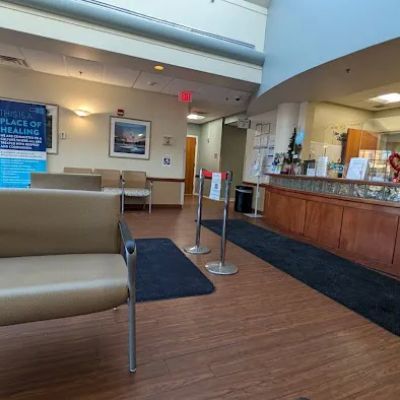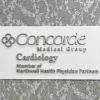- 1-heart-disease-and-sleep-apnea-effects-the-connection
- 2-how-sleep-apnea-affects-cardiovascular-health-in-detail
- 3-symptoms-and-warning-signs-of-heart-disease-and-sleep-apnea
- 4-treatment-options-for-managing-sleep-apnea-to-protect-heart-health
- 5-lifestyle-changes-and-preventive-measures-to-reduce-risks
- 6-real-patient-stories-and-expert-recommendations-from-heartcare-hub
The Connection Between Heart Disease and Sleep Apnea
Heart disease and sleep apnea effects are deeply intertwined, forming a dangerous duo that can exacerbate each other. Sleep apnea, characterized by repeated interruptions in breathing during sleep, causes oxygen levels in the blood to drop. This puts significant stress on the cardiovascular system, leading to elevated blood pressure and increased risk of heart complications.
Scientific studies have confirmed that individuals with untreated sleep apnea have a higher incidence of heart conditions such as hypertension, arrhythmias, heart attacks, and even heart failure. Understanding this connection is critical for early intervention and reducing long-term health risks.
How Sleep Apnea Affects Cardiovascular Health in Detail
During apnea episodes, the body experiences intermittent hypoxia—a condition where oxygen supply fluctuates rapidly. This triggers the sympathetic nervous system, raising heart rate and blood pressure. Over time, these repeated stress episodes damage blood vessels and the heart muscle, increasing the risk of coronary artery disease and stroke.
Moreover, sleep apnea disrupts normal sleep patterns, leading to fatigue and systemic inflammation. This inflammatory response further contributes to atherosclerosis, a buildup of plaques in arteries that restricts blood flow and impairs heart function.
The cyclical nature of apnea-induced stress makes managing sleep apnea essential for protecting cardiovascular health.
Symptoms and Warning Signs of Heart Disease and Sleep Apnea
Recognizing the signs of heart disease and sleep apnea is vital for timely medical attention. Common symptoms of sleep apnea include loud snoring, daytime fatigue, morning headaches, and observed breathing pauses during sleep. Heart disease may present with chest pain, shortness of breath, palpitations, or unexplained fatigue.
Patients experiencing a combination of these symptoms should seek evaluation from healthcare professionals promptly. Early diagnosis can lead to more effective treatment and prevent progression to severe complications.
Treatment Options for Managing Sleep Apnea to Protect Heart Health
Effective treatment of sleep apnea plays a crucial role in reducing heart disease risks. Continuous Positive Airway Pressure (CPAP) therapy is the gold standard, keeping airways open during sleep and normalizing oxygen levels.
Other options include oral appliances, lifestyle interventions, and, in some cases, surgery. Managing sleep apnea can significantly lower blood pressure, improve heart function, and enhance overall quality of life.
Collaborative care involving cardiologists and sleep specialists ensures comprehensive management of both conditions.
Lifestyle Changes and Preventive Measures to Reduce Risks
In addition to medical treatment, lifestyle modifications are vital. Weight loss, regular exercise, avoiding alcohol and sedatives before bedtime, and quitting smoking all contribute to reducing sleep apnea severity and protecting heart health.
Dietary changes to control cholesterol and blood sugar levels further decrease cardiovascular risks. Adopting these preventive measures complements clinical therapies and supports long-term health.
Real Patient Stories and Expert Recommendations from HeartCare Hub
John, a 52-year-old patient, shares how diagnosing and treating his sleep apnea transformed his heart health. After years of uncontrolled hypertension and fatigue, CPAP therapy helped normalize his blood pressure and improved his sleep quality.
Experts at HeartCare Hub recommend regular screening for sleep apnea in patients with heart disease symptoms and emphasize the importance of integrated care. Access to specialized products and services at HeartCare Hub can support patients in managing these intertwined conditions effectively.
These stories and professional insights underscore the critical need to address sleep apnea as a cornerstone of heart disease management.




















